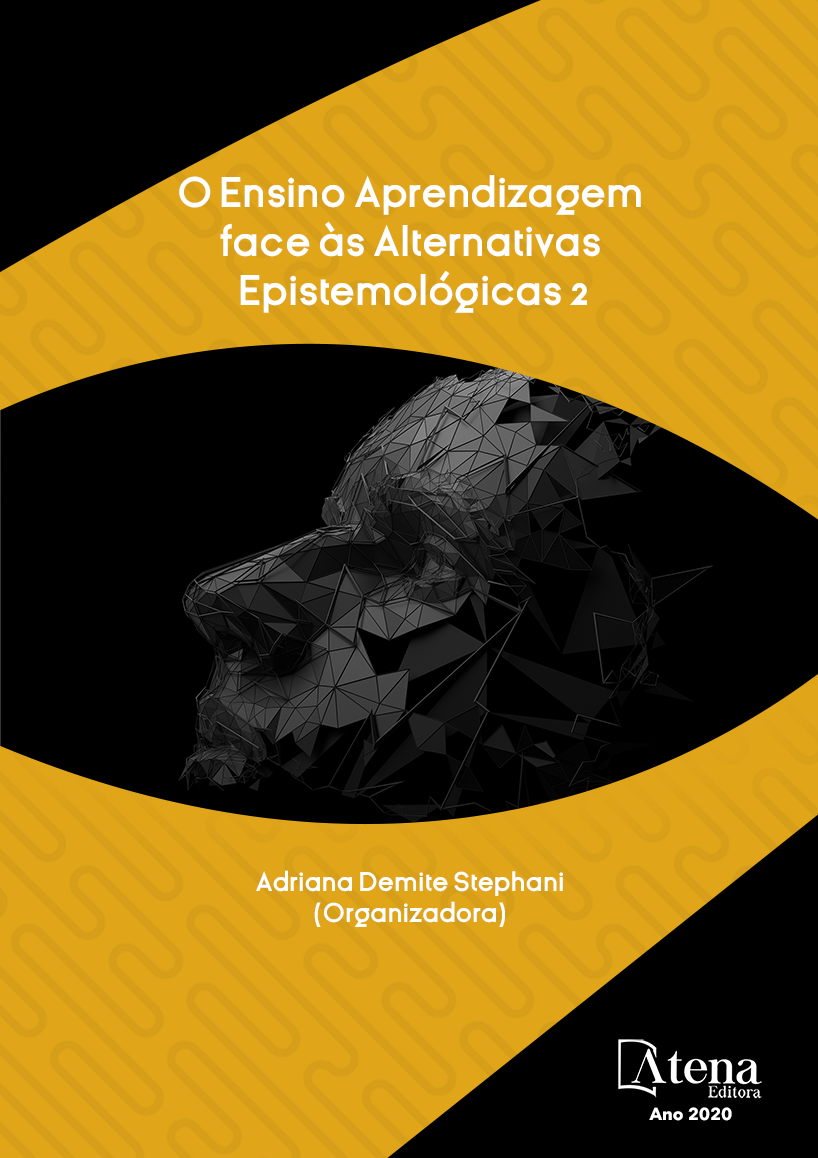
O ENSINO DE GENÉTICA EM INTERFACE COM A TEORIA DA APRENDIZAGEM SIGNIFICATIVA CRÍTICA E A APRENDIZAGEM BASEADA EM PROBLEMAS
Os conhecimentos no campo da
genética têm crescido neste último século,
no entanto, pesquisas têm mostrado que a
compreensão de estudantes sobre temas em
genética é deficiente e que pode favorecer
a formação de cidadãos passivos diante
de discussões científicas de seu tempo.
Reconhecendo a escola como meio de acesso
ao conhecimento científico, o objetivo desta
pesquisa foi investigar a eficácia de uma
metodologia ativa no ensino de tópicos em
genética à luz de alguns Princípios da Teoria da
Aprendizagem Significativa Crítica. Para tanto,
estudantes do Ensino Médio de quatro escolas
públicas do Rio de Janeiro foram convidados
a buscar soluções críticas para alguns casos
envolvendo genética e bioética. No total, 102
estudantes participaram da pesquisa cujos
resultados indicaram melhor compreensão de
temas em genética em conformidade com a
formação para o exercício da cidadania.
O ENSINO DE GENÉTICA EM INTERFACE COM A TEORIA DA APRENDIZAGEM SIGNIFICATIVA CRÍTICA E A APRENDIZAGEM BASEADA EM PROBLEMAS
-
DOI: 10.22533/at.ed.54720230111
-
Palavras-chave: Genética; Metodologias Ativas de Ensino; Aprendizagem Significativa Crítica; Escola Pública.
-
Keywords: Genetics; Active Teaching Methodologies; Critical Significant Learning; Public school.
-
Abstract:
The knowledge in the field of
genetic has gleaned concepts that are present
in many aspects of society. However, research
has shown that students’ understanding of
genetics issues is deficient and may favor the
formation of passive citizens in the face of
scientific discussions of their time. Recognizing
school as a means of access to scientific
knowledge, the objective of the research was to
investigate the efficacy of Active Methodologies
in teaching topics in genetics in light of the
Theory of Critical Significant Learning. To that
end, high school students from four public
schools in Rio de Janeiro were invited to seek
solutions for some cases involving genetics
and bioethics and to present them critically. In
total, 102 students participated in the research
whose results indicated a better understanding
of genetic themes in accordance with the training for the exercise of citizenship.
-
Número de páginas: 12
- Rosane Moreira Silva de Meirelles
- Juliana Macedo Lacerda Nascimento


